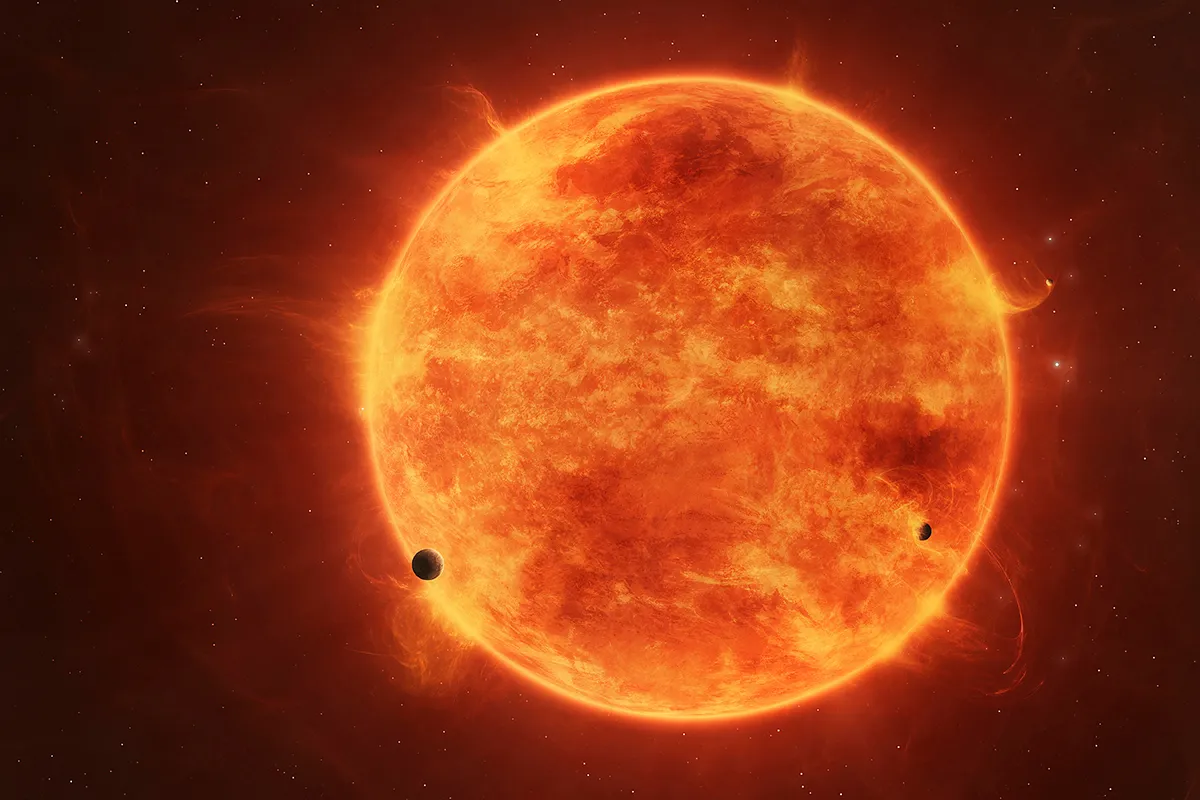According to Georgius Florentius, the 6th-century Gallo-Roman bishop of Tours, the world was due to end some time between 799 and 806 AD.
Pope Innocent III foresaw everything crashing down in 1284, while February 1524 saw a mass exodus from London, which was expected to witness the birth of a giant, world-destroying flood.
Martin Luther was convinced the Second Coming would take place no later than 1600 AD, while cult leader Jim Jones predicted that the world would end in a nuclear apocalypse by 1967.
In other words, the question “when will the world end?” is one that countless people have attempted to answer over the years – and so far, every single prediction has proved false.
Then again, the predictions above (and the dozens of similar ones listed here) were mostly made on the basis of religious faith.
Innocent III plumped for 1284, for instance, because that was 666 years after the emergence of Islam in 618.
Does science know when the world will end?

Can science and astronomy do any better in telling us when the world will end?
Probably not, because while many of us tend no longer to live in fear of divine retribution for worshipping false idols and so on, the modern world presents many challenges to the survival of the human race, our ecosystem and the planet we live on.
Most notably, these include climate change, the threat of nuclear warfare and, many experts increasingly believe, the development of super-powerful AI that could well decide at some point that, Earth would be better off without all these messy, unpredictable human beings strutting around all over the place.
The problem with asteroids

And then there are asteroids… don’t forget asteroids!
Were one of these big lumps of rock hurtling through space to strike Earth head-on, that could easily spell 'the end of the world' for human beings, at least, in much the same way that the Chicxulub impact spelled 'the end of the world' for dinosaurs.
If you're interested in dinosaurs, read Lewis Dartnell's brilliant piece examining a paper that asks the question did gravity kill the dinosaurs?
Admittedly, we’ve got much better at detecting asteroids and predicting their trajectories, and various schemes have been proposed for deflecting any potential incoming threat, such as firing a nuclear warhead at it.
But as the Chelyabinsk meteor proved 10 years ago, stuff can STILL come zooming out of space at us at any time.
When the Sun ends its life

Ultimately, life is precious and fragile – and how long it will last, either for humans as a species or for any given individual, is something no one can truly predict with any accuracy.
What we do know is that if nothing else causes the end of the world, planet Earth will come to its end when the Sun dies in about 7.5 billion years.
At that time the Sun is on course to swell into a huge red giant that will consume the inner planets, including Earth.
And the 'heat death' of the Universe itself will occur many billions of years later, once energy is once more distributed evenly throughout, as it was immediately after the Big Bang.
So there’s something to look forward to, eh?
